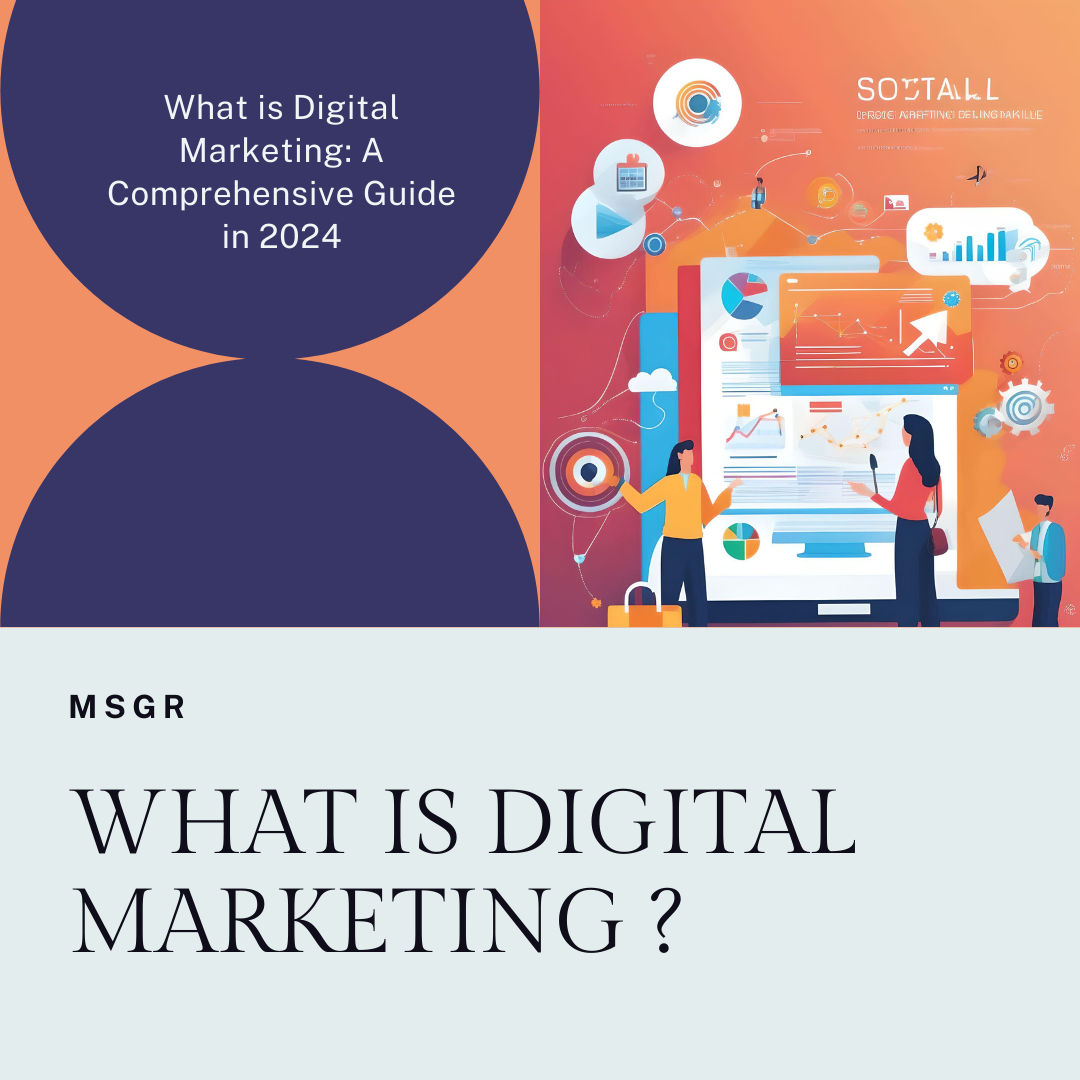Digital Growth Hacking
Digital Growth Hacking is the process of implementing a number of innovative strategies to promote continuous business growth by understanding the main goal that growth hackers strive to achieve. Growth Hackers focus on experimenting with the latest marketing and product-development trends so they can attract customers from their competitors. It is rapidly experimenting with different marketing and product-development techniques based on quick results and potentially lucrative opportunities. There are no rules when it comes to Growth Hacking, nor do you need a specific set of tools or guidelines. Instead, you make the rules and figure out how to best serve your potential customer base. They find and frame new ways to acquire new customers and retain them.
Digital marketing companies in kerala use Growth Hacking and Digital Marketing go hand in hand, and it’s a tactic that can help the Business to grow well. Growth hacking uses digital marketing strategies to build or expand your customer base. Growth Hacking is not a substitute for Digital Marketing. In fact, far from being separate entities, Growth Hacking and Digital Marketing are intrinsically linked. The shared mentality behind both is an emphasis on experimentation, creativity and measurement in order to accomplish goals.
You are constantly testing new ideas to see what works for your business to grow steadily. Your idea need not to be so huge that it requires years to develop, but it should be noticeable enough to attract new customers. As a growth hacker, every strategy you execute, every tool you implement and every technique you develop should be informed by your desire for growth. It might seem self-evident that the singular goal of Growth Hacking is growth, but the beauty of this, and what makes growth hacking such a valuable practice, is it’s flexibility. It doesn’t matter if you’re a one man start up or a multinational corporation; Growth Hacking doesn’t discriminate and anyone can leverage it. Growth Hackers are typically associated with Start-up Companies (and low-cost budgets) that are looking for exponential growth. While finding ways to reach new audiences, Growth Hackers take extra steps to exceed expectations and tap into many areas of the Business including Marketing, Product Development and Engineering. There are no limitations to Growth Hacking, and these professionals rely on data-driven results to guide their way.
Many entrepreneurs, including those in the Knowledge Commerce sector, don’t always have the money to invest in paid social and paid search, endless marketing tools, and other cost-prohibitive measures. Growth Hacking eliminates the need to spend a lot of money. You probably don’t have the deep pockets that major corporations can reach into when they want to reach and acquire new customers. You have to use innovation and creativity as your primary tools to scale your business. Growth Hacking takes the place of cash. In many cases, the smallest changes yield the most impressive results.
When you take too long to bring a product to market, you risk other Knowledge Commerce professionals beating you to the punch. That's bad for business and bad for your reputation. Speed and agility remain crucial for entrepreneurs who want to corner the market in their particular industries. Growth Hacking allows you to move quickly on potentially profitable campaigns, but it doesn't restrict your ability to visit if your hypothesis doesn't pan out. Growth Hacking eliminates the need to bind yourself to a particular marketing strategy and it prevents you from spending money unnecessarily.
A growth hacker needs several skills and natural abilities to succeed. If you don’t possess those qualities, you might want to bring someone on your team to help you scale quickly. You need a growth mind set. If you’re fearful of growth — or if you don’t know how to scale your business — you’ll find yourself at a disadvantage. You need a strong work ethic. It takes time to quickly push out new product and roll out new marketing campaigns. The best Growth Hackers are both curious and creative. They’re legitimately interested in the outcome of a campaign, whether they’re aiming for increased web traffic or higher revenues. They know how to take tried-and-true marketing tactics and turn them into something new and interesting.
It helps to better understand how other companies have been successful at Growth Hacking so you can replicate their success. Many companies have embraced Growth Hacking, especially during the start-up phase.
For one thing, you have more to lose the longer you’re in business. At the beginning, you’re working with a dream and a set of skills. The sky is the limit. As you start to acquire customers, your priorities shift. It’s no longer about what you want, but about what your customers want. The customer’s user experience is always important. However, during the start-up phase, you’re in a better position to shift your business in a direction that fuels your passion, as well.
Blogs
E.M Nazir
Digital Growth Hacking
05 Oct 2023

Read More





